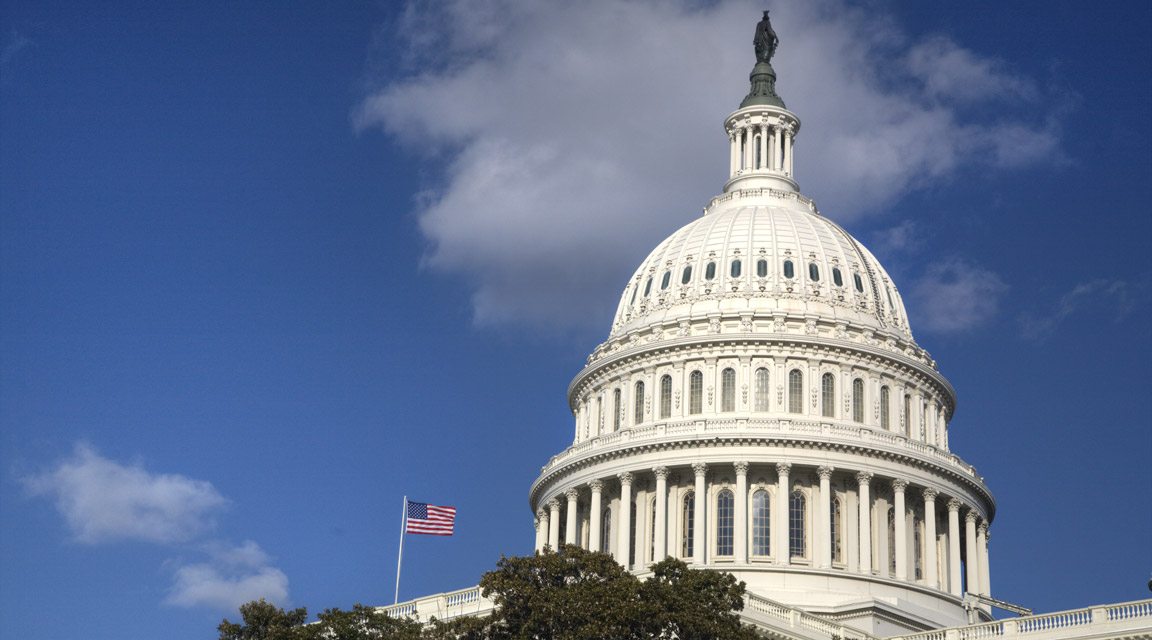

Treasury Department discloses figure after keeping it a secret for more than 40 years
The US Treasury Department has released the figures about how much US debt Saudi Arabias holds after abstaining to reveal the data for more than 40 years.
The kingdom holds $116.8bn-worth of debt stockpile as of March, down almost 6 per cent from a record in January, Bloomberg cited Treasury data, which was released following a Freedom-of-Information Act request submitted by the news agency.
The tally ranks Saudi Arabia among the top dozen foreign nations in terms of US debt holdings, and compares with Chinas $1.3 trillion, and $1.1 trillion for Japan.
Disclosure raises a few questions as Saudi Arabias foreign reserves amount to $587bn, and central banks typically put about two-thirds of their coffers in dollars, according to International Monetary Fund data. Some nations accumulate Treasuries in offshore financial centres, meaning that the holdings show up under the data of other countries. For example, Belgium, which held $143 billion of US government debt as of February, is home to Chinese custodial accounts, according to analysts.
The New York Times last month reported that Saudi officials threatened to sell $750bn of Treasuries and other assets in the US if Congress enacts a bill allowing the monarchy to be held responsible in American courts for any role in the 11 September 2001 terror attacks.
The US started releasing data on foreign ownership of Treasuries in 1974 but the Treasurys policy had been not to disclose Saudi holdings, and it grouped them instead with those of 14 other, mostly Opec nations, including Kuwait, Nigeria and the UAE. The group held $281bn as of February, down from a record of $298.4bn in July last year.
For more than a hundred other countries, from China to the Vatican, the Treasury had provided a detailed monthly breakdown of how much debt each owns.
The special arrangement was a result of the 1973 oil shock following the Arab embargo. Its among concessions that US administrations made over the years to maintain Americas strategic relationship with the kingdom and access to its oil reserves.
In the past year, Saudi Arabia burned through 16 per cent of its foreign-exchange reserves to plug its budget deficit, according to data from the kingdoms central bank. The signs of strain are prompting concern over Saudi Arabias potential influence on the worlds largest and most important bond market.
You might also like...

Hassan Allam and Siemens confirm Hafeet Rail award
24 April 2024

UAE builds its downstream and chemical sectors
24 April 2024

Acwa Power eyes selective asset sales
24 April 2024

Bahrain mall to install solar carport
24 April 2024
A MEED Subscription...
Subscribe or upgrade your current MEED.com package to support your strategic planning with the MENA region’s best source of business information. Proceed to our online shop below to find out more about the features in each package.





